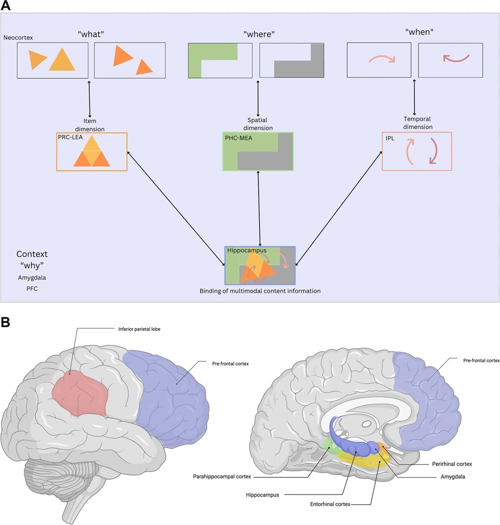Psychologists have explained why some events are remembered while others fade from memory.
The characteristics of human memory are among the primary topics of contemporary research in psychology and neurobiology. Authors of a recent study demonstrated that during sleep, the brain is capable of not only processing information but also projecting the future based on it, while another article explained how memories can be retained for a lifetime.
Experts from Rice University in the USA published a literature review on “what, where, and when people remember.” The study, which analyzes how the content, location, and timing of events affect memory, was published in the journal Cognitive, Affective & Behavioral Neuroscience.
Researchers found that individuals are more likely to remember things that are associated with strong emotions, hold personal significance, and capture attention. These are resonant events or details that a person has focused on.
The location where an event occurs also plays a crucial role in how it transforms into a memory. New environments tend to be more vividly remembered, as they attract more attention compared to routine settings.
According to the literature review, memories depend not only on the moment an event occurs but also on the overall perception of time. For instance, how people sequence events and recognize transitions between them is important. Additionally, if events are divided into distinct episodes, they may be easier to remember.

“Memory is not a universal phenomenon. What is memorable to one person may be completely unremarkable to another due to their unique background and cognitive priorities,” emphasized the authors of the article.
Researchers believe that understanding why we remember some events better than others is important for both medicine and everyday life. In particular, memory is often assessed using standardized tests developed within specific cultural contexts that do not account for individual differences. Information about specific factors influencing memory could alter such assessment methods and help more effectively combat cognitive decline and dementia.